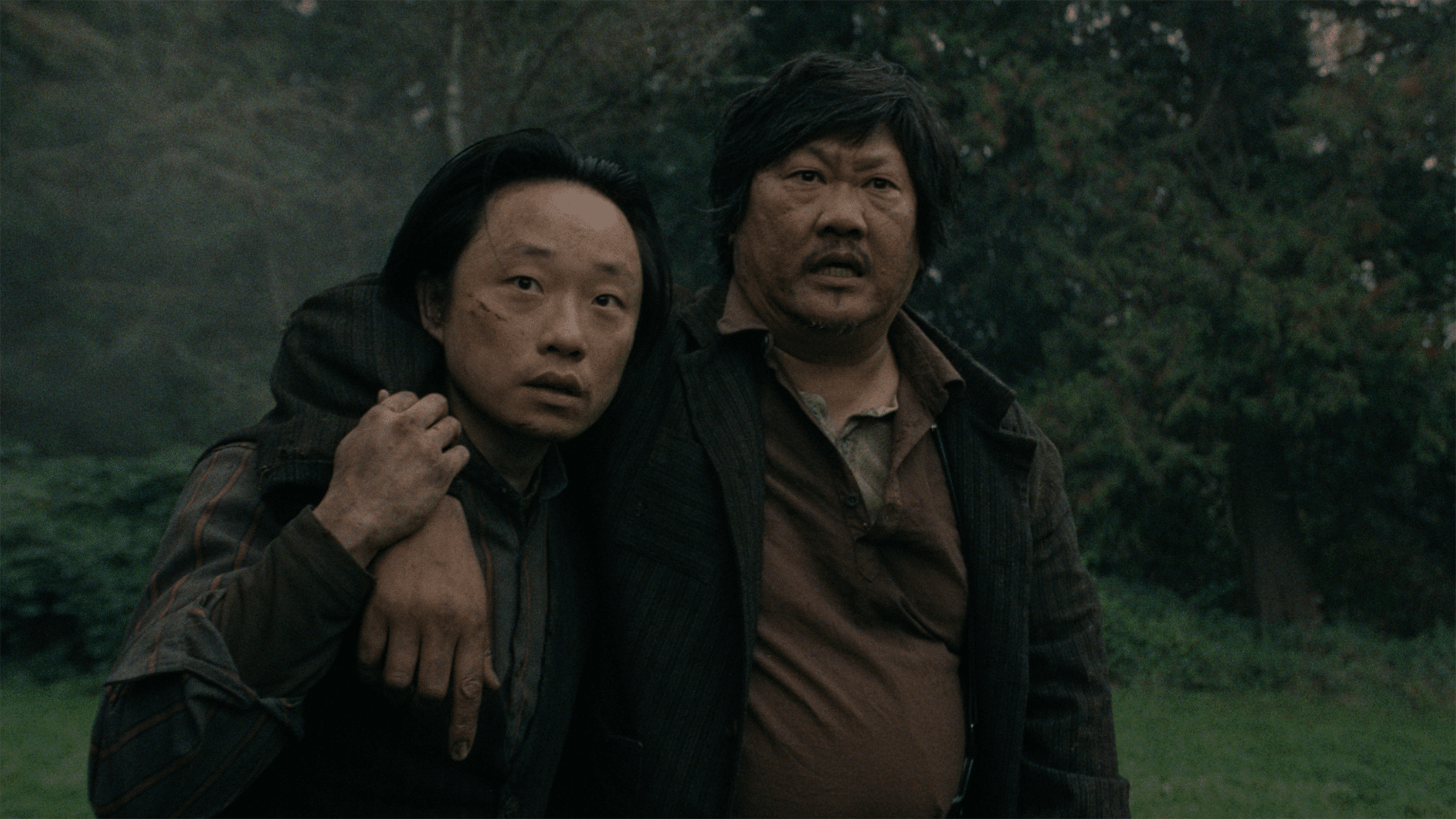A decorated US Army veteran, Sae Joon Park, has self-deported to South Korea, leaving behind the country he called home for nearly five decades. Park, 55, a Purple Heart recipient, departed on Monday following a removal order linked to drug possession charges and failure to appear in court from over 15 years ago. He maintains these offences were a direct result of untreated post-traumatic stress disorder (PTSD) stemming from his combat experience.
Park’s situation highlights the precarious position of non-citizen veterans within the American legal system, particularly amidst heightened deportation efforts. “I can’t believe that this is happening in America,” Park told NPR before his departure. “That blows me away, like a country that I fought for.”
A Life of Service and Struggle
Park arrived in the U.S. from South Korea at the age of seven. After high school, he enlisted in the US Army, seeking “direction and [to] better myself and maybe help serve the country.” At 20, he was deployed to Panama as part of Operation Just Cause, the 1989 US invasion aimed at toppling Manuel Noriega’s regime.
During an afternoon meal with his platoon, Panamanian soldiers opened fire. Park recalled the moment he was hit: “I realized I was shot. So I’m thinking, ‘Oh my God, I’m paralyzed.’ And then thinking, ‘Oh my God, I’m not just paralyzed. I’m dying right now.'”
Park was shot twice but survived, a miracle he attributes partly to one bullet striking his dog tag, absorbing some of the impact. He was honorably discharged and awarded a Purple Heart. However, his mind struggled to heal. “I was suffering from PTSD severely,” he explained. “From sleeping nightmares to like, having just fearful thoughts all the time. Couldn’t watch horror movies, couldn’t hear loud noises.” Unaware he was dealing with PTSD, he did not seek help and eventually turned to drugs to cope with the untreated trauma.
Legal Battles and a Forced Departure
Throughout his 20s and 30s, Park battled a crack cocaine addiction. He was arrested for drug possession and later skipped a court hearing, leading to additional charges for bail jumping. These convictions significantly impacted his chances of naturalization and led to a deportation order. For a long time, Park said, he did not fully understand the consequences of remaining a non-citizen, as his military service, though honorable, fell short of the specific requirements for expedited naturalization (he was discharged before serving 12 months, and the Panama invasion was not officially classified as a period of hostility).
In 2009, Park served three years in prison for his offences. After his release, he moved to Hawaii, found stable work, and dedicated himself to raising his son and daughter, describing watching them grow into “kind, successful adults” as his “greatest blessing.” For 10 years, he was allowed to remain in the US under deferred action, requiring annual check-ins with immigration officials.
However, this arrangement changed earlier this month when local ICE officials informed him he would be detained and deported if he did not leave voluntarily within weeks. Park booked his flight, spending his final days in the US with loved ones. “I have to accept the fact that this is probably the last time I’ll see her,” he said of his 85-year-old mother.
On Monday morning, Park boarded a flight for South Korea, a country he barely remembers, leaving behind the nation he fought for. “Even after everything I went through, I don’t regret joining the military or getting shot,” he stated. “It’s part of my life, my journey. It’s made me who I am today.” His attorney, Danicole Ramos, believes Park’s situation highlights broader issues with immigration policy and what it means to be an American patriot.










